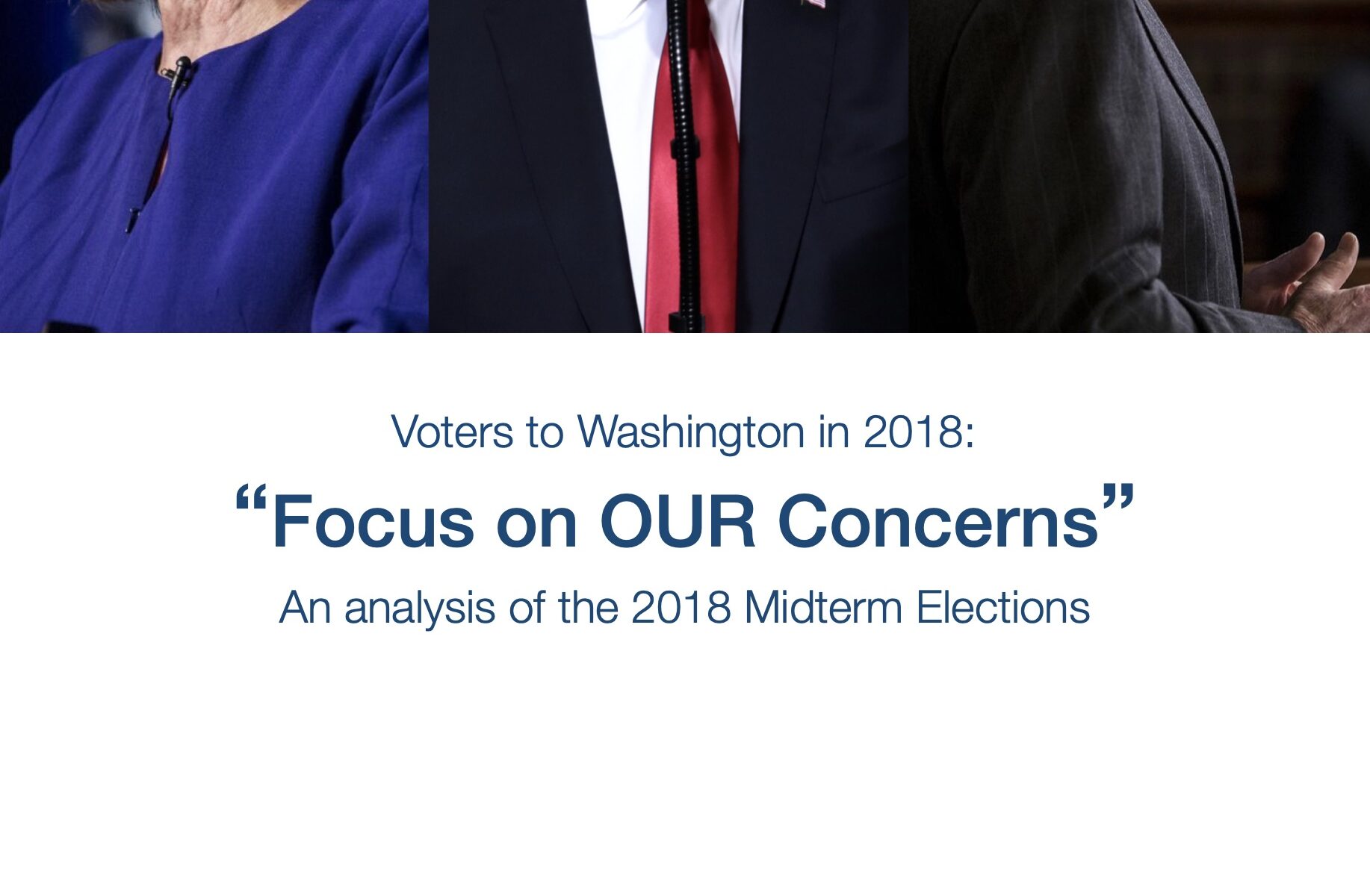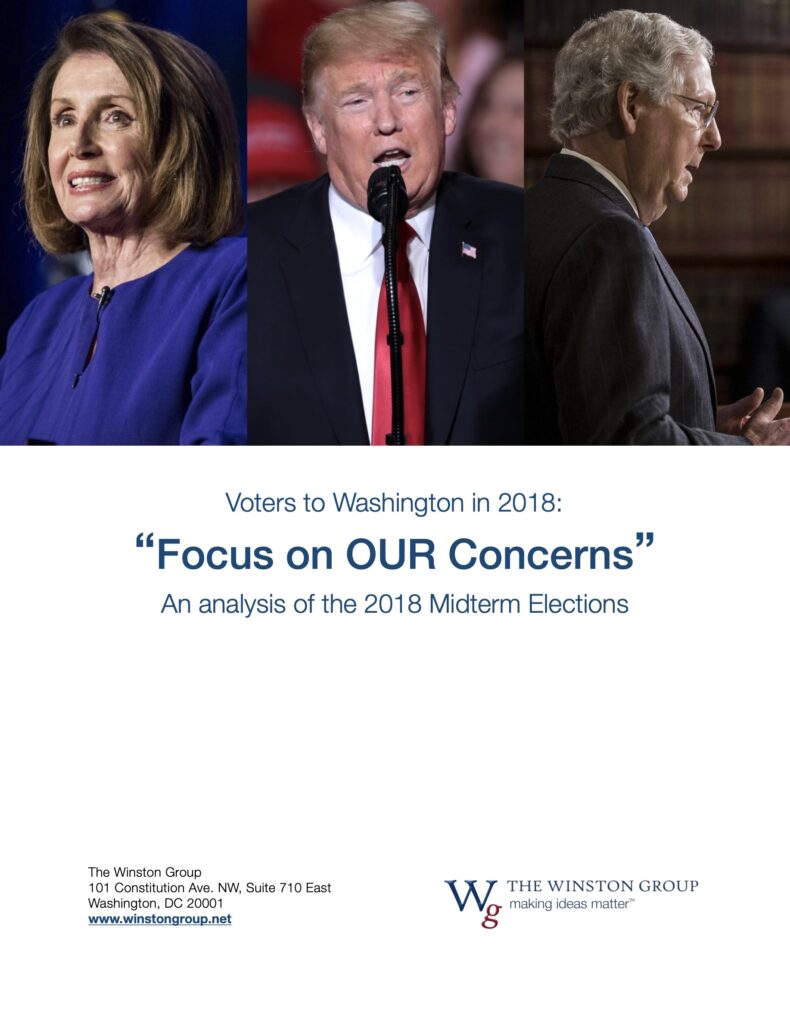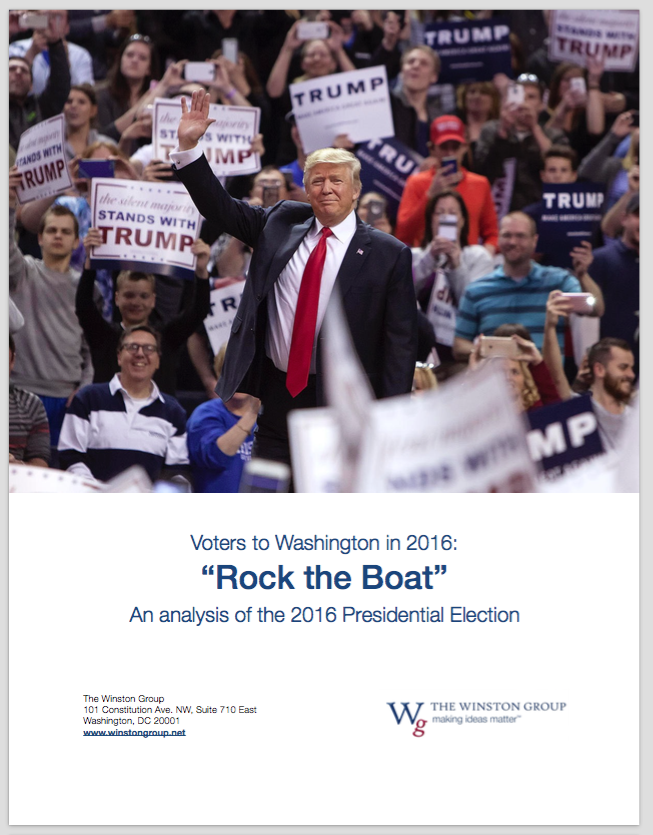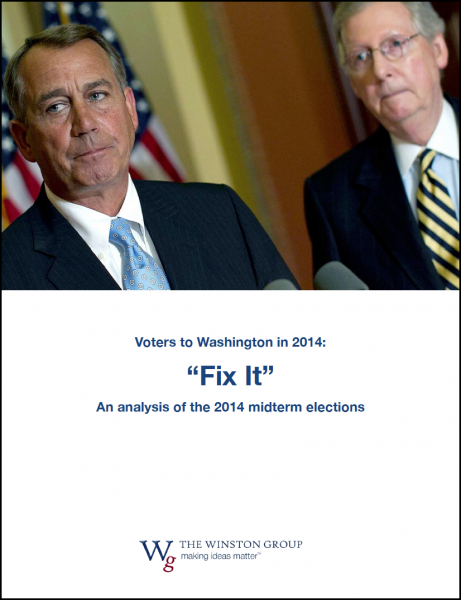The Democracy Fund Voter Study Group has released two new reports exploring the views and values motivating the American electorate. As part of the Voter Study Group, the WG’s David Winston used a unique longitudinal dataset of 5,000 voters to explore which issues mattered most in 2016. Read the full report here or take a look at the highlights:
Viewing the electorate through the lens of issue priorities rather than through demographic variables yields valuable insights. Our analysis suggests that the mix of issue priorities revealed more about voter decision-making than demography.
Using voters’ views on the importance of 23 different issues, a cluster analysis produced five distinct groups — the “Democrat/Independent Liberal Elites” (15 percent of the electorate), the “Democratic-Leaning Working Class” (the largest cluster, at 25 percent), the “Moderate Younger Middle-Income” voters (17 percent), the “Conservative Older” voters (21 percent), and the “Conservative Younger” voters (12 percent), with an additional 10 percent unidentified by these clusters because they did not respond to all 23 issue priority questions.
These clusters demonstrated distinct presidential election voting patterns, party preference, and ideological patterns that can provide insight into voters’ decision-making. The conservative, Republican-Leaning clusters appear more cohesive than the two Democratic-Leaning clusters. The “Democrat/Independent Liberal Elites” cluster prioritized issues popular in the media coverage of the election, but not issues that were “very important” to the other Democratic cluster and the country as a whole, such as the economy and jobs. These differences will be consequential for Democrats in the future.
The key issues driving the election, based on what voters found most important, were the economy, health care, jobs, and Social Security. Issues such as climate change, gender, and racial injustice that made up a significant level of the media coverage of the 2016 election were not among the most important issues for most voters. The Rust Belt was key to the election outcome, and the economy was the top issue among Trump voters in that region, and the fifth most important issue among Clinton voters.
Of the four top issues, Trump had the advantage among voters who highly prioritized jobs and the economy while Clinton had an advantage among those who prioritized health care. Neither candidate had an advantage on Social Security. Clinton won a majority of those voters who prioritized 12 of the 23 issues included in the survey, and often by large margins. But Trump won a majority of those who prioritized two of the top three issues, including the most important, the economy.
Voters were not satisfied with the status quo when it came to the economy, and deep economic frustration and desire for change underlied their issue prioritization and political decision-making.





